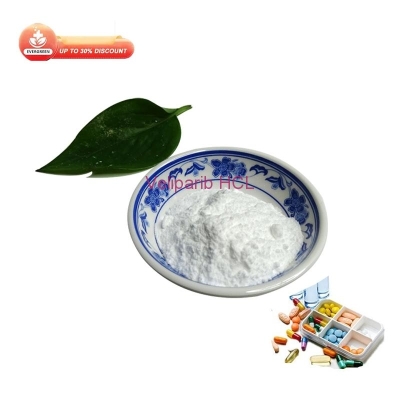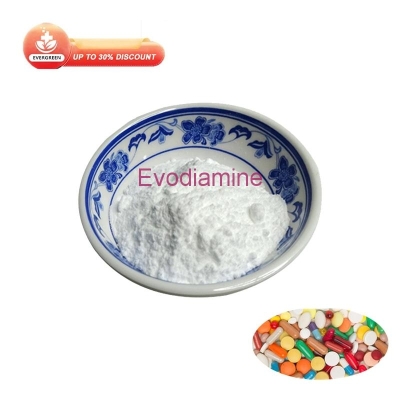Science subjournal: nano drug coated white blood cells can effectively kill cancer cells dropped during surgery and successfully prevent postoperative metastasis
-
Last Update: 2019-08-21
-
Source: Internet
-
Author: User
Search more information of high quality chemicals, good prices and reliable suppliers, visit
www.echemi.com
August 21, 2019 / BIOON / - a biomedical engineer at Vanderbilt University found that cell soldiers made of human body's own defense system can track and kill escaped cancer cells during the operation, prevent cancer cell metastasis and save the lives of patients (especially those with triple negative breast cancer) Michael king, chair of the Department of Biomedical Engineering and professor of Engineering J Lawrence Wilson, and his team placed two proteins [TNF related apoptosis inducing ligand (TRAIL) and adhesion receptor E-selectin] on the surface of lipid nanoparticles These nanoparticles adhere to the white blood cells after injection, and before, during and after tumor resection, the white blood cells that are followed by the coating are injected into the blood, which can kill all cancer cells released due to surgery Source: Vanderbilt University King said: "there is a constant collision between white blood cells wrapped in trail and cancer cells in the blood We've tested blood and hundreds of blood samples from cancer patients being treated across the country We found that within two hours, the living cancer cells were completely removed It works on breast, prostate, ovarian, colorectal and lung cancer cells "King said that this method can not only play a role in surgery, but also has potential effect on patients who have multiple site metastases and have no alternative treatment Since all components of the white blood cells encapsulated in trail are naturally produced in vivo, the transformation process from animal experiments to human experiments will be faster Surgical treatment of breast cancer is one of the reasons for metastatic growth and accelerated tumor recurrence, which may be due to cancer cells falling off during the operation or inflammation of the wound site, or a combination of these two factors Chemotherapy is the most widely used treatment for breast cancer metastasis, but the five-year survival rate of triple negative breast cancer is still far below 30% In the team's past experiments, trail coated leukocytes blocked metastasis, but repeated injections were needed to maintain their efficacy King said the breakthrough was to overcome these problems by designing three simple doses to match the operation Reference: n jyotsana El Al., "minimal doing of Leukcyte targeting trail credits triple negative breast cancer metadata following tumor reservation," science advances (2019) Doi: 10.1126/sciadv.aaw4197
This article is an English version of an article which is originally in the Chinese language on echemi.com and is provided for information purposes only.
This website makes no representation or warranty of any kind, either expressed or implied, as to the accuracy, completeness ownership or reliability of
the article or any translations thereof. If you have any concerns or complaints relating to the article, please send an email, providing a detailed
description of the concern or complaint, to
service@echemi.com. A staff member will contact you within 5 working days. Once verified, infringing content
will be removed immediately.







